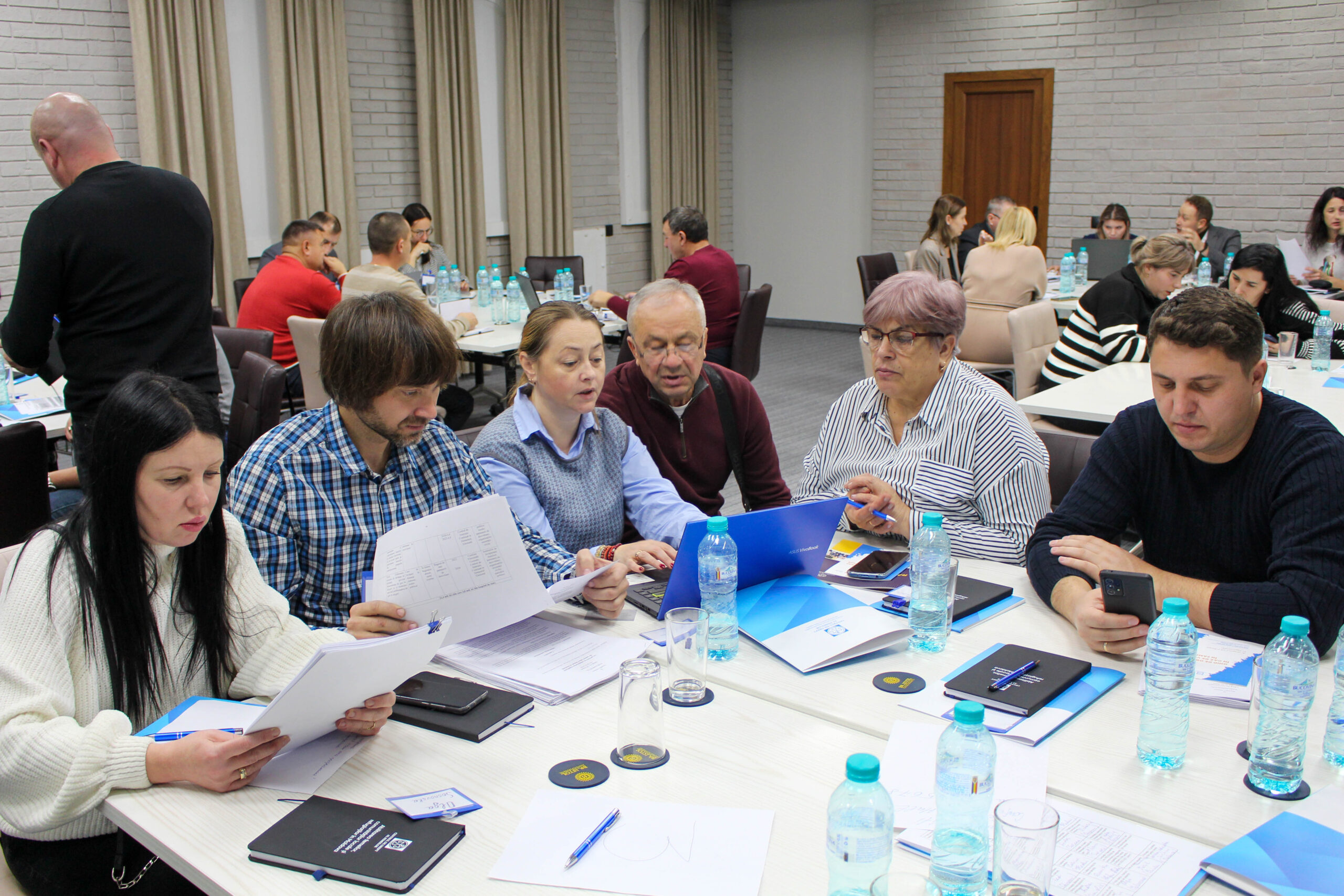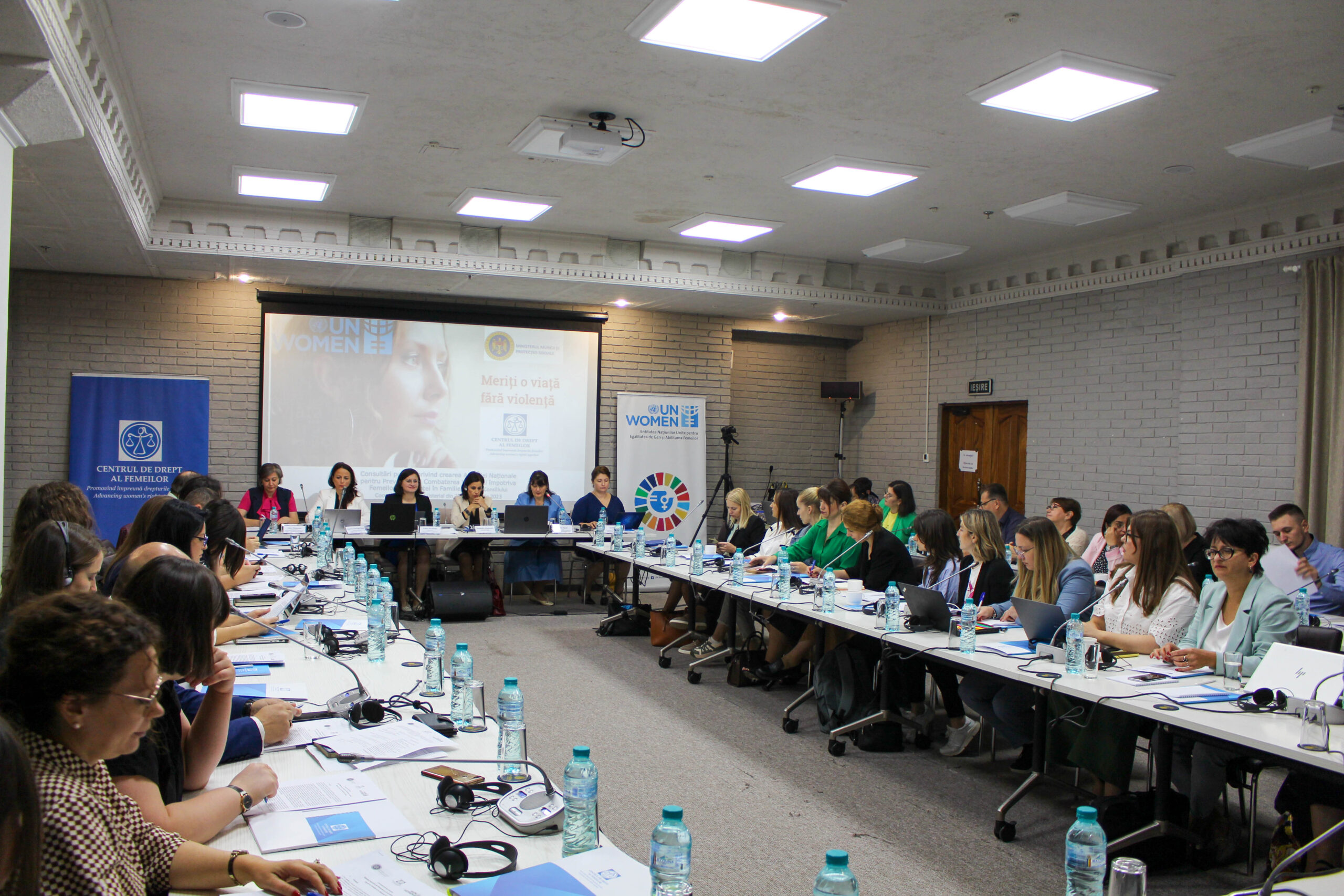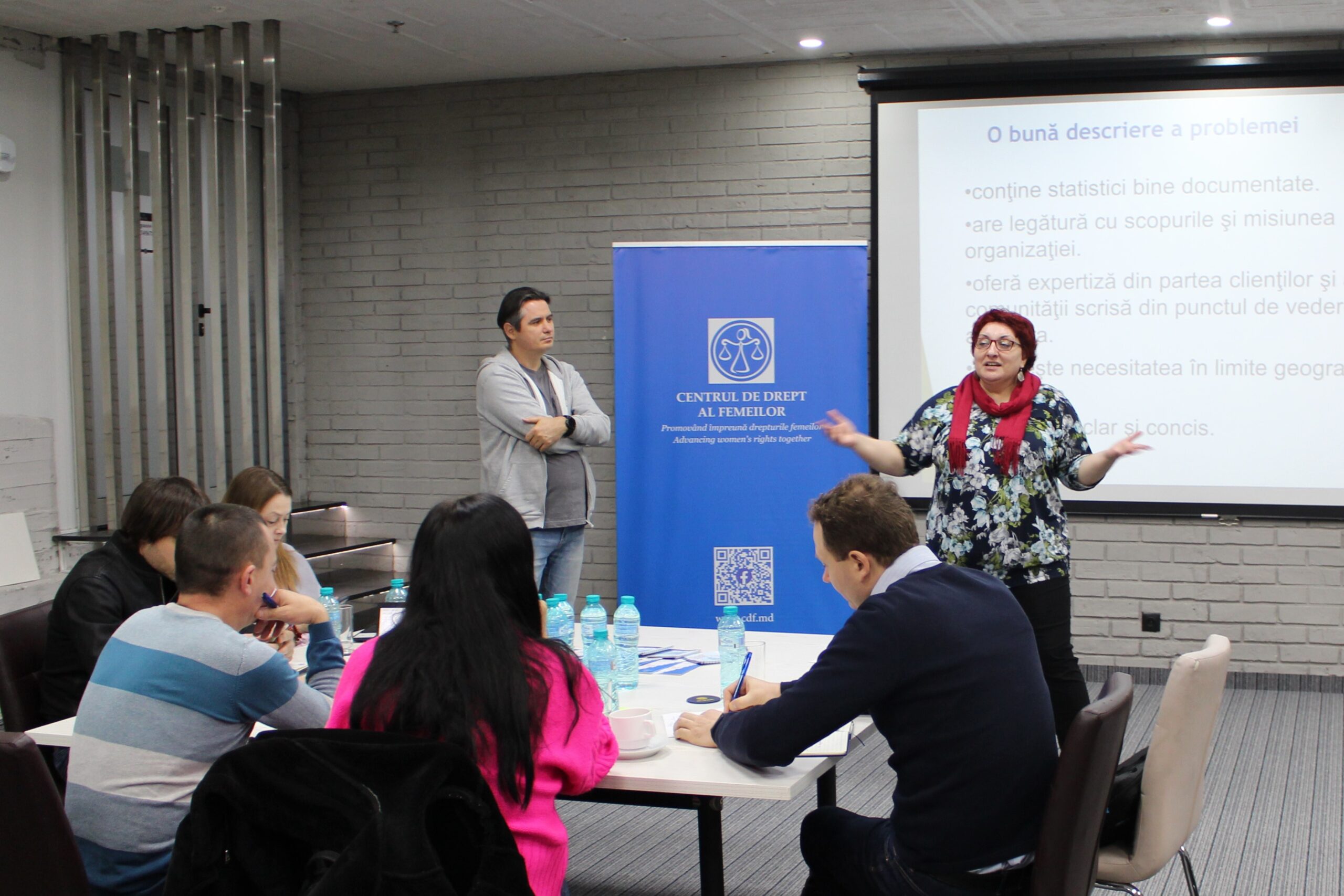What other options are there?
There is also the appeal, which is an ordinary remedy. The appeal allows to challenge the court decisions, such as the decisions of the Court of Appeal.
The courts of appeal shall examine the appeals against decisions issued by courts.
As regards the appeal of decisions, we may say that besides other decisions, the decision to apply the protection measures or not and to issue a protection order may also be challenged by filing an appeal. In such cases, the deadline to file an appeal against the decision is 15 days from the verdict.
The appeal shall be filed with the court whose decision is being challenged.
The appeal shall be examined within three months by a panel of three judges, on the basis of the file and materials annexed to the appeal, without examining the admissibility and without the participation of the parties. The cases of domestic violence should be examined as a matter of priority.
The court of appeal, after examining the appeal, is entitled to:
- reject the appeal and maintain the decision;
- admit the appeal and cancel fully or partially the decision by resending the dispute for retrial;
- admit the appeal and cancel fully or partially the decision by issuing a decision on the merits.
The decision of the court of appeal issued after the examination of the appeal filed against the decision remains irrevocable from the moment when it was issued. The decision shall be placed on the website of the court on the date of issuance. The copy of the decision shall be sent within 5 days after the issuance.
At the same time, an appeal may be filed against the decisions of the court of appeal.
The appeal shall be filed within 2 months from the date when the full decision was issued.
An appeal may be filed against the decisions given by the courts of appeal in their capacity as courts of appeal.
Also, an appeal may be filed against the decisions even if they were issued after the issuance of the decision against which an appeal was filed.
An appeal may be filed by:
- the parties and other participants in the trial;
- the witness, expert, specialist, interpreter and representative, concerning the compensation of trial expenses they are entitled to.
The appeal filed against the decisions issued by the courts of appeal shall be examined by the Supreme Court of Justice.
The admissibility of the appeal shall be examined by a panel of 3 judges.
The appeal deemed admissible shall be examined by a panel of 5 judges from the Civil, Commercial and Administrative Litigation College of the Supreme Court of Justice.
The judges who examined the admissibility of the appeal can participate in the examination of the appeal itself.
The parties and other participants in the trial have the right to file an appeal that invokes the violation or the erroneous application of the substantive or procedural law.
It is considered that the substantive and procedural law was violated or applied erroneously if the court:
- failed to apply the law that should have been applied;
- applied a law that should not have been applied;
- interpreted erroneously the law;
- applied erroneously the analogy of law.
It is considered that the procedural law was violated or applied erroneously if:
- the dispute was examined by a judge who did not have the right to participate in its trial;
- the dispute was examined in the absence of a party, who had not been informed about the venue, date, and time of the court hearing;
- during the examination of the dispute the rules regarding the language in which the trial is conducted were violated;
- the court resolved the issue of the rights of certain persons who were not involved in the trial;
- the case file lacked the minutes of the court hearing;
- the decision was issued in violation of jurisdiction of the courts.
Any other violation than those indicated can serve as grounds for declaring the appeal only if and to the extent to which they have led or could have led to the wrong resolution of the dispute or if the court of appeal deems that the assessment of the evidence by the court was arbitrary, or if the errors committed led to the violation of human rights and fundamental freedoms.
The appellant shall file the appeal with the Supreme Court of Justice, accompanied by copies for all the participants in the trial and shall pay the state fee in the cases provided by law.
The request for appeal shall be typed and shall contain:
- the name of the court to which the appeal is filed;
- name or designation, standing of the appellant or of the person whose interests they represent, their address;
- name of the court that issued the decision on the appeal, date when the operative part of the decision was issued, the arguments for admitting or rejecting the appeal;
- the essence and the grounds of the appeal, the argument of the illegality of the appealed decision, the requests of the appellant, the respective proposals;
- the date when the appeal was filed and the signature of the appellant.
Proof of state fee payment shall be attached to the request for appeal if this is required.
When the appeal is filed by a representative, the request shall include the document legalised in a prescribed manner, which certifies the powers of the representative, if the file lacks such document.
After initiating the appeal, the Supreme Court of Justice shall request the file from the court within 10 days.
After the receipt of the file, a panel of 3 judges shall decide on the admissibility of the appeal, shall order to send a copy of the appeal to the appellee and notify him/her about the need to submit a reference within a month after its receipt. If the reference is not presented by the deadline, the admissibility of the appeal shall be decided without it.
The judge-rapporteur shall verify the compliance with the law of the grounds invoked in the appeal and shall prepare a verbal report before the established judicial panel.
If the appeal is deemed admissible, a panel of 5 judges shall examine the appeal.
When examining the appeal filed against the decision issued by the court of appeal, the court shall verify the legality of the appealed decision, within the limits invoked in the appeal and based on the reference filed by the appellee and without taking into account new evidence.
The court of appeal shall rule on all the grounds invoked in the appeal.
Until the decision is issued, the appellant is entitled to withdraw the appeal through a written request. The request for the withdrawal of the appeal shall be filed with the court which heard the appeal.
If the appeal is withdrawn, the competent court orders, through a final decision, the termination of the appeal procedure.
The appeal shall be examined without notifying the participants in the trial. The panel of 5 judges may decide to invite certain participants or their representatives in order to rule a decision concerning the legality issues invoked in the request for appeal.
The court, after the retrial of the appeal, is entitled to:
- reject the appeal and maintain the decision of the court of appeal and the decision of the first instance court, as well as the appealed decisions;
- admit the appeal and cancel fully or partially the decision of the court of appeal and the first instance court, by issuing a new decision;
- admit the appeal, to cancel fully the decision of the court of appeal and to send the dispute for retrial in the court of appeal in all the cases when the judicial error may be corrected by the court of appeal.
- admit the appeal and cancel fully the decision of the court of appeal and the first instance court, by sending the dispute for retrial in the first-instance court only if it found the violation or the erroneous application of procedural law. At the request of the participants in the trial, the court of appeal, in certain cases, may send the dispute for retiral in the first instance court.



